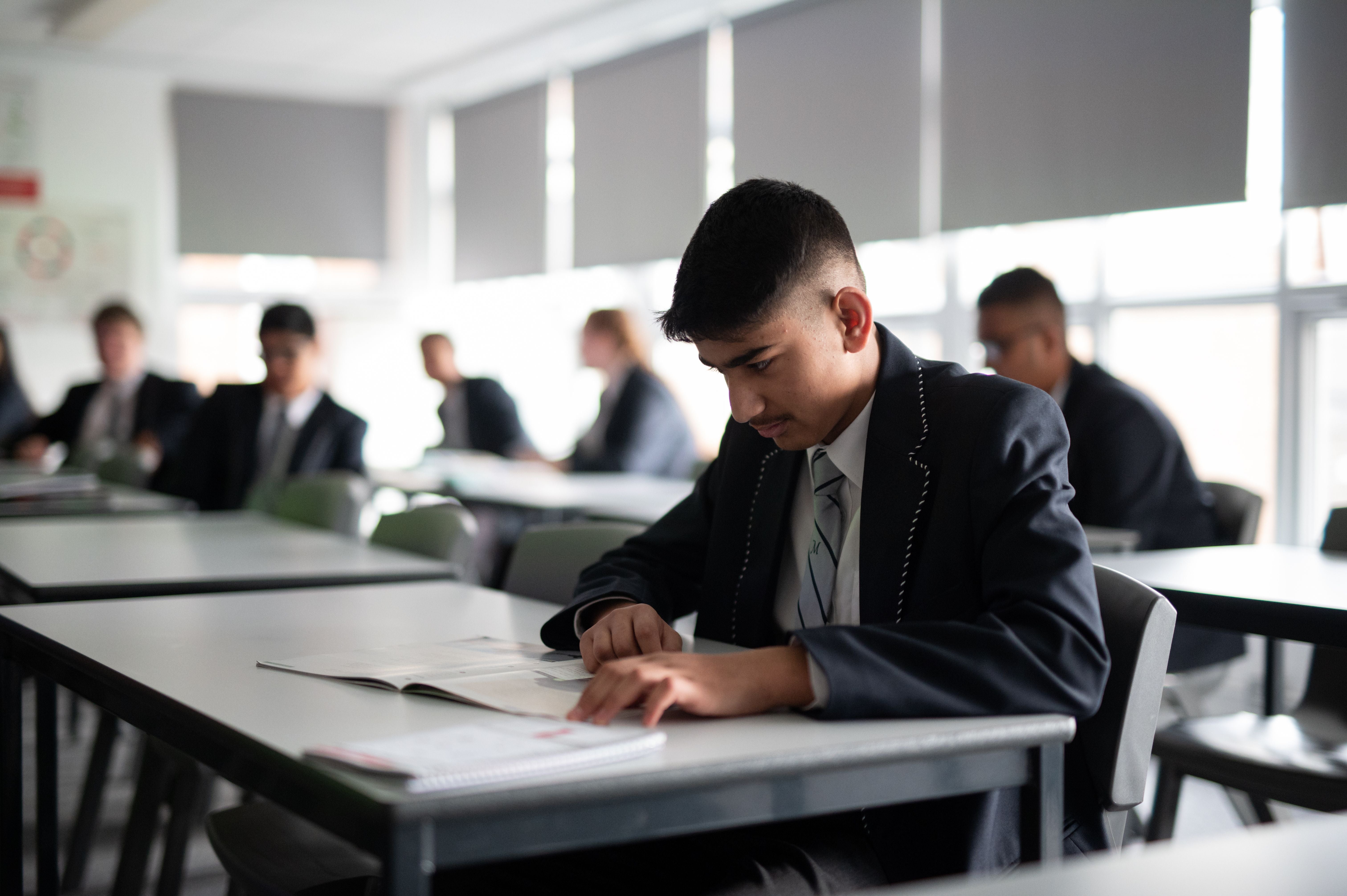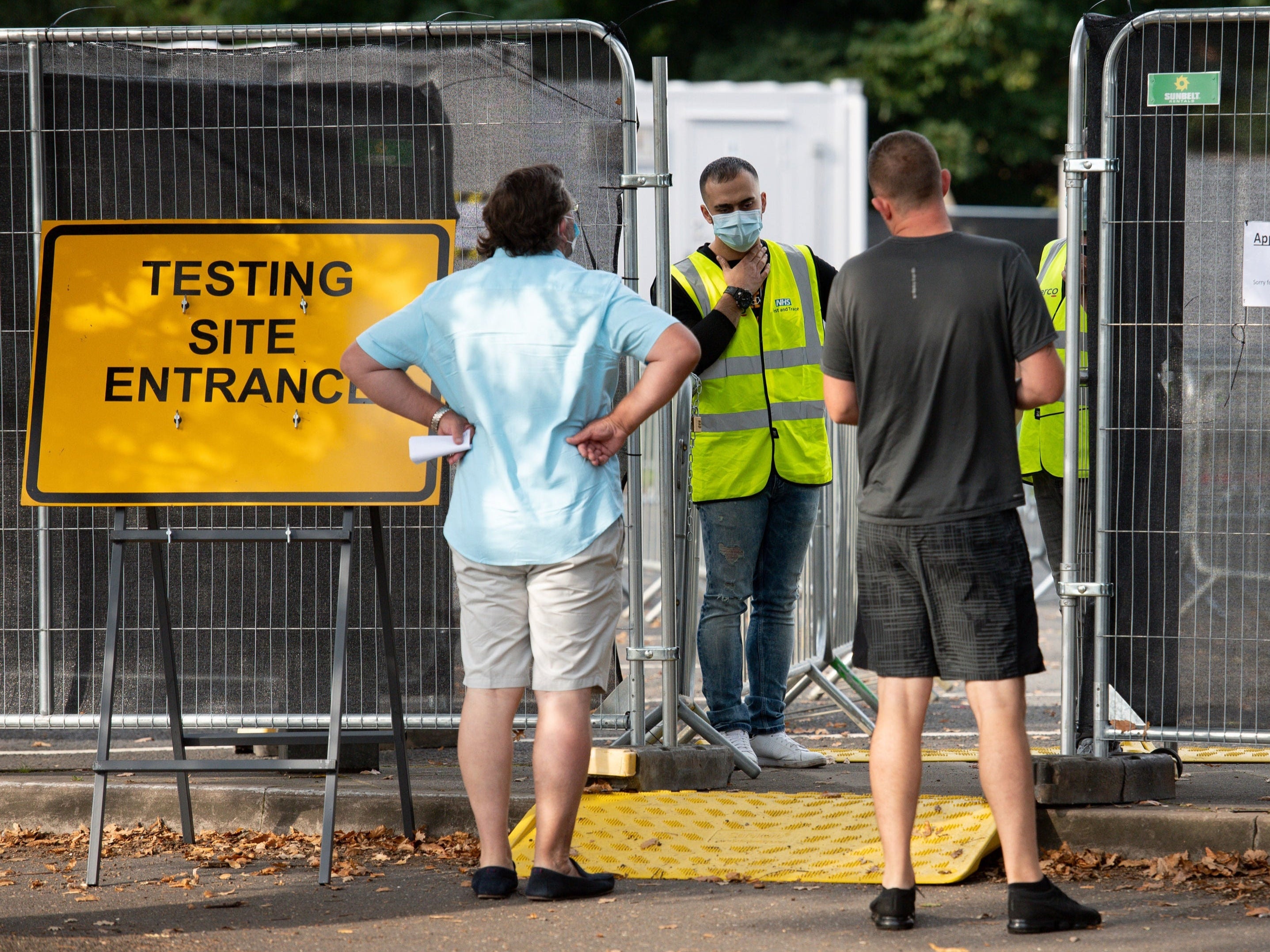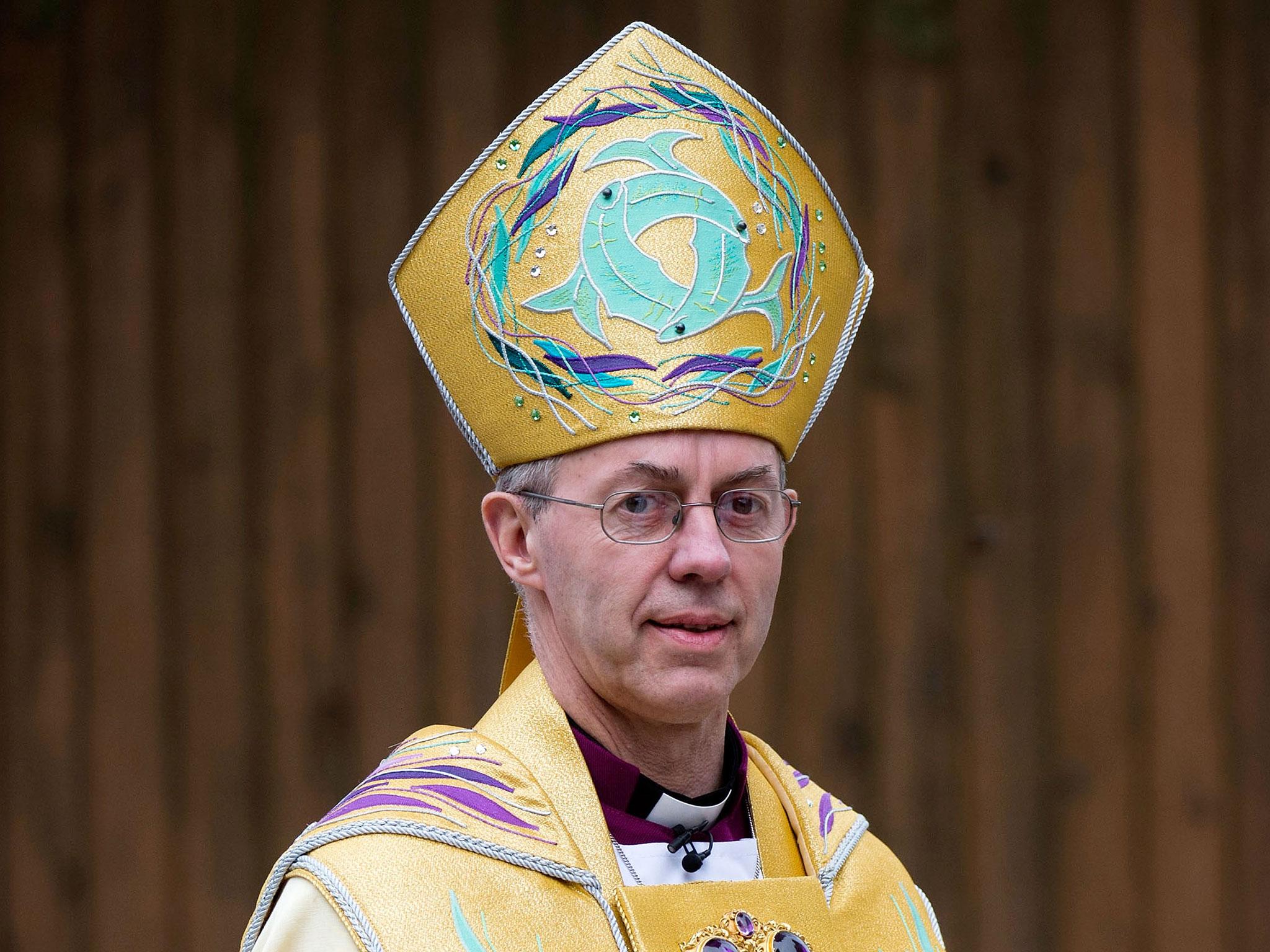Coronavirus news - live: UK sees highest case increase since May amid warning of further nationwide rules
Follow all the latest updates and statistics on the pandemic
Your support helps us to tell the story
From reproductive rights to climate change to Big Tech, The Independent is on the ground when the story is developing. Whether it's investigating the financials of Elon Musk's pro-Trump PAC or producing our latest documentary, 'The A Word', which shines a light on the American women fighting for reproductive rights, we know how important it is to parse out the facts from the messaging.
At such a critical moment in US history, we need reporters on the ground. Your donation allows us to keep sending journalists to speak to both sides of the story.
The Independent is trusted by Americans across the entire political spectrum. And unlike many other quality news outlets, we choose not to lock Americans out of our reporting and analysis with paywalls. We believe quality journalism should be available to everyone, paid for by those who can afford it.
Your support makes all the difference.Further nationwide restrictions have not been ruled out if coronavirus cases continue to soar two to three weeks after the imposition of Boris Johnson’s “rule of six”, government sources have confirmed, including the use of curfews in London to prevent late-night drinking.
As nearly 4,000 new cases were identified - the highest total since May - justice secretary Robert Buckland admitted the government faces "real challenges" with the testing system, suggesting schoolchildren and their parents would be the next testing priority after NHS and social care workers.
Meanwhile, the Royal Bolton Hospital has warned people to stay away from its emergency department unless they have a life-threatening illness or injury as surging coronavirus cases across the region begin to translate into rising hospital admissions, with the facility’s medical director suggesting failures in the testing scheme were responsible for the surge of people turning up to the hospital seeking tests.
And in the North East, officials said Matt Hancock would announce further restrictions to come into effect on Thursday in a bid to prevent another lockdown amid “rapidly rising” infections.
It came as Public Health England figures showed infection rates more than doubled in some of the hardest-hit regions in the week to 13 September, with Bolton’s rising to 204 per 100,000 people.
While tests were available in just one of the 10 worst-hit regions on Wednesday morning, health bosses in major cities pleaded with people not to show up at hospital A&E departments in an attempt to receive a test.
Please allow a moment for the liveblog to load:
Good morning and welcome to today’s coronavirus live blog. We’ll be bringing you rolling updates and statistics on the pandemic throughout the day.
Government facing ‘real challenges’ with coronavirus testing
Justice secretary Robert Buckland has said the government is facing "real challenges" with coronavirus testing and suggested schoolchildren and their parents would be the next testing priority after NHS and social care workers.
It comes as people opted to turn up to hospital A&Es yesterday in a bid to get a Covid-19 test because of a lack of available bookings through the online system.
Mr Buckland told Sky News: "I think laboratory capacity has been an issue, we're working our way through that, we're increasing the number of test centres - we've got 400 test centres, getting it up to 500 - but clearly there are still real challenges.
"I think the announcement by (Health Secretary) Matt Hancock yesterday to create a prioritisation system is the right thing to do.
"He is going to develop that very quickly over the next few days, to explain to us what that looks like but I think... it has to be the NHS first and then social care.
"And then I think what we need to do is have a cascading system where we know where our priority should be and for me priority should be for children in school and their parents in order to ensure their lives are safe and also importantly they are not disrupted in the way we are seeing."
Harsher measures could come if ‘rule of six’ fails
A minister has suggested the government will wait two weeks to see whether the new “rule of six” is effective in stopping the spread of Covid-19 before considering tougher social distancing measures, according to ITV’s Robert Peston.
New restrictions were introduced in England on Monday banning groups of more than six people from mingling indoors or outdoors.
Prime minister Boris Johnson said the new rules were being introduced to combat the rising number of coronavirus cases and to prevent another “wholesale national lockdown”.
And a senior member of government has now told ITV’s Robert Peston ministers will give the new rules two weeks before assessing whether they have done enough to curb the spread of the virus.
Testing capacity is ‘ramping up’
Justice secretary Robert Buckland has said testing capacity is "ramping up" to deal with the demand.
Speaking to Sky News, he said: "I'm not shying away from the current issue but what I'm trying to explain is that rather than us sitting back and pretending all is well, we have accepted the scale of the challenge, we're ramping up the test centres, we have increased laboratory capacity, new labs coming on-stream so we can get that quick turnaround."
He added: "The fact the government kept on saying about the dangers of a second wave, at all times the prime minister, all of us, were absolutely focused on the dangers of the second wave - we have seen what's happening in France.
"We absolutely are on to this in terms of understanding that through the autumn, if we are to get the balance between getting the economy back on track and getting children into school, then all of us now have a special responsibility to follow all those guidelines and do whatever it takes to beat this virus."
One in nine pupils absent from school
More than one in nine pupils were absent from school last week, government figures show, as teachers and unions warned a lack of available coronavirus tests meant more schools would be forced to close, leading to “lockdown by default”, Andy Gregory reports.
After schools reopened in England following six months of closure during the pandemic, education secretary Gavin Williamson touted the fact that 99.9 per cent of schools were open to at least some pupils.
But absence rates were more than double that of pre-Covid times, with Department for Education (DfE) statistics suggesting 12 per cent of pupils were not in attendance on 10 September.

One in nine pupils absent from school as lack of testing drives fears of ‘lockdown by default’
Absence rate more than double that of pre-coronavirus times as testing crisis deepens
‘Unsustainable’ for schools to stay open if testing issues continue
Geoff Barton, general secretary of the Association of School and College Leaders (ASCL), has said keeping schools open will become "unsustainable" if issues with testing capacity are not fixed.
Speaking to BBC Radio 4's Today programme, he said headteachers were being forced to decide that a "bubble has to stay at home" if a pupil or teacher in a year group shows Covid-19 symptoms and cannot get a test to prove they are negative.
Mr Barton said: "This will feel I think like lockdown by default - it will be more frustrating for parents because you can't predict whether it is going to happen.
"And similarly from the headteacher's point of view, if my Year 4 teacher today shows symptoms, will he or she be in school tomorrow, will they be here for the next 14 days?
"As soon as you start to get that with six, seven, eight teachers, it becomes unsustainable to be able to run things."
Mr Barton said teachers should be given testing priority to keep schools open, adding: "Teachers need to be counted as key workers in order that you can at least keep that maths teacher in front of 30 young people if their test is negative."
My colleague Brodie Owen has put together this round up of coronavirus news you may have missed overnight.

Coronavirus news you may have missed overnight
Ministers have been told to mobilise network of UK labs to boost testing
India coronavirus cases surpass 5 million
Coronavirus cases in India have now passed 5 million as infections continue to soar.
The world's second-most populous country has added more than 1 million cases this month alone and is expected to become the pandemic's worst-hit country within weeks, surpassing the United States, where more than 6.6 million people have been infected.
India's Health Ministry today reported 90,123 new cases had been confirmed in the past 24 hours, raising the total to 5,020,359, about 0.35 per cent of the nation's nearly 1.4 billion population.
Its record daily high of 97,570 cases was reported on 11 September.
The ministry said 1,290 more people have died in the past 24 hours, bringing the death toll to 82,066, which is the third-highest in the world.
Experts have warned India's fatality rate could increase in coming weeks with lockdown restrictions relaxed except in high-risk areas.
But authorities ruled out imposing a second countrywide lockdown as recoveries were growing at more than 78 per cent. Its fatality rate is 1.6 per cent, far lower than 3 per cent each in the United States and Brazil, according to tallies by Johns Hopkins University.
AP
Facebook blood donations feature
Facebook has launched a new partnership with the NHS to encourage more people to donate blood during the coronavirus pandemic.
Launching across England, Wales, and Northern Ireland, people between 18 to 65 can sign up to receive notifications about opportunities to donate blood at local centers.
It will be promoted on the news feed, or if users search “blood donations” on the social media app.
Adam Smith has more details:

Facebook adds new feature to encourage blood donations amid pandemic
It comes as the NHS needs more plasma, which helps people develop their immune system after contracting the coronavirus
Coronavirus rules ‘must be decentralised’
The Archbishop of Canterbury has called on Boris Johnson’s government to stop curtailing people’s freedoms by imposing so many coronavirus restrictions from Westminster, reports Adam Forrest.
The Rev Justin Welby said UK ministers had “determined the daily details of our lives” over recent months in a way “few of us have experienced” – as he argued instead for more flexibility and localism.
The Church of England chief – said to be worried about the impact of the rule of six on the elderly and vulnerable in the run-up to Christmas – argued that the government must challenge its own “addiction” to centralisation.

Archbishop of Canterbury says coronavirus rules must be decentralised
Rev Justin Welby attacks Westminster diktat over restrictions – and says local leaders ‘best qualified to deal with local outbreaks’

Join our commenting forum
Join thought-provoking conversations, follow other Independent readers and see their replies
Comments